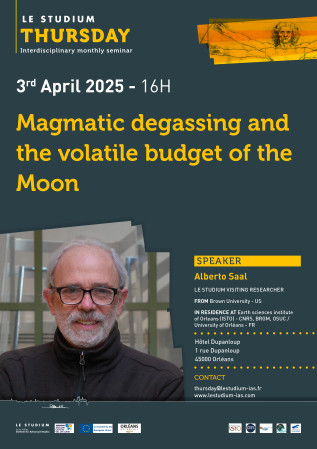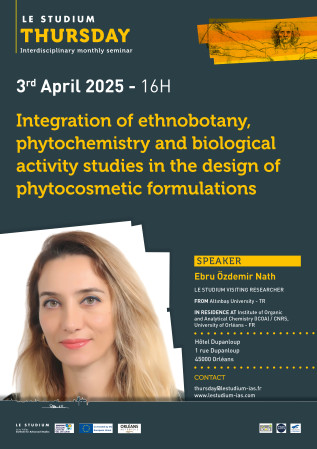|
Cancers are highly heterogeneous. This intra-tumoral heterogeneity contributes to the tumor development by confering new features such as drug resistance or aggressiveness. Understanding how this heterogeneity arises and how to detect it is a promising challenge to improve diagnosis and therapies. Aberrant regulation of calcium homeostasis in cancer cells has been extensively described. However, the relationship between calcium homeostasis and tumor heterogeneity remains to be explored. In this project, we hypothesized that the profile of calcium homeostasis could be indicate of the phenotype of the cancer cell. We aim to develop a workflow allowing to classify cancer cells according their profile of calcium responses. We generated a database of single cell calcium responses elicited by various molecules in a panel of colorectal and prostate cancer cell lines. Using unsupervised classification algorithms, we successfully develop a model defined several profiles of calcium responses. Using this model, we were able to distinguish the origin of cancer cells. These results suggest that calcium profiling could be an effective tool to discriminate different sub-populations of cancer cells. Further experiments will be required to develop and improve this model. |
Benjamin Gory is a Full Professor of Interventional Neuroradiology at the University Hospital of Nancy (CHRU de Nancy) in France. He is an accomplished clinical researcher and a leading figure in the field of interventional neuroradiology. As a French trialist, he serves as the coordinating investigator for several ongoing randomized controlled trials, including the Direct Angio trial and the TITAN trial. His research focuses on acute stroke management, aiming to improve patient outcomes through innovative interventional strategies.
Prof. René Chapot is a world-renowned neurointerventionalist and a leading expert in the treatment of arteriovenous malformations (AVMs). He currently serves as the Head of the Department of Neuroradiology and Endovascular Therapy at the Alfried Krupp Krankenhaus in Essen, Germany.
Consultant Neuroradiologist
Good quality images will save your day: Complex cases
High-quality imaging can be your best ally in the angiosuite. In this presentation, I will review a series of real-life cases where optimal image acquisition proved critical in guiding the operator’s understanding, decision-making, and therapeutic strategy adjustments.
Fouzi Bala is an interventional neuroradiologist (MD, MSc) at Tours University Hospital. After his diagnostic and interventional neuroradiology training at Lille University Hospital, he did a research fellowship at the Kings College Hospital in London and then within the renowned Calgary Stroke Program. During his stay in Calgary, he led the imaging core lab of the randomized trial AcT and has been actively involved in the EVOLVE trial. His research interest focuses on thrombus imaging and the improvement of mechanical thrombectomy techniques.
Johannes Kaesmacher is a clinician-scientist (MD, PhD) and interventional neuroradiologist with a strong background in stroke treatment and clinical stroke research. After initial training in Munich, he is currently an Associate Professor at the Medical Faculty of the University of Bern and a Research Group Leader at the Stroke Research Center Bern. He also serves as an attending physician at the University Hospital Bern. His research focuses on adjuvant medical therapies and new imaging techniques during acute interventional stroke treatment.
Eytan Raz is an Assistant Professor at NYU Langone Medical Center in New York City, Director of Interventional Neuroradiology at Bellevue Hospital. After graduating from Sapienza University of Rome and obtaining a PhD degree, he completed the fellowship in Interventional Neuroradiology at NYU Langone Medical Center. He is the author of more than 200 publications in high impact factor, peer-reviewed journals such as JNIS, AJNR, Stroke, Radiology, JAMA. His fields of expertise include neurovascular anatomy, neurovascular diseases, brain aneurysms, dural fistulas and stroke.
Menale Kassie is an experienced Development Economist with over 18 years of expertise in policy research and impact evaluation. His work specializes in evaluating bundled innovations, insect farming innovations, pollination services, gender and scaling research, and policy engagement. He has authored over 104 peer-reviewed articles, accumulating 19,580 Google Scholar citations (H-index: 65), with his research cited in 460+ policy documents. His extensive career includes key roles at CIMMYT and the University of Gothenburg (Sweden).


